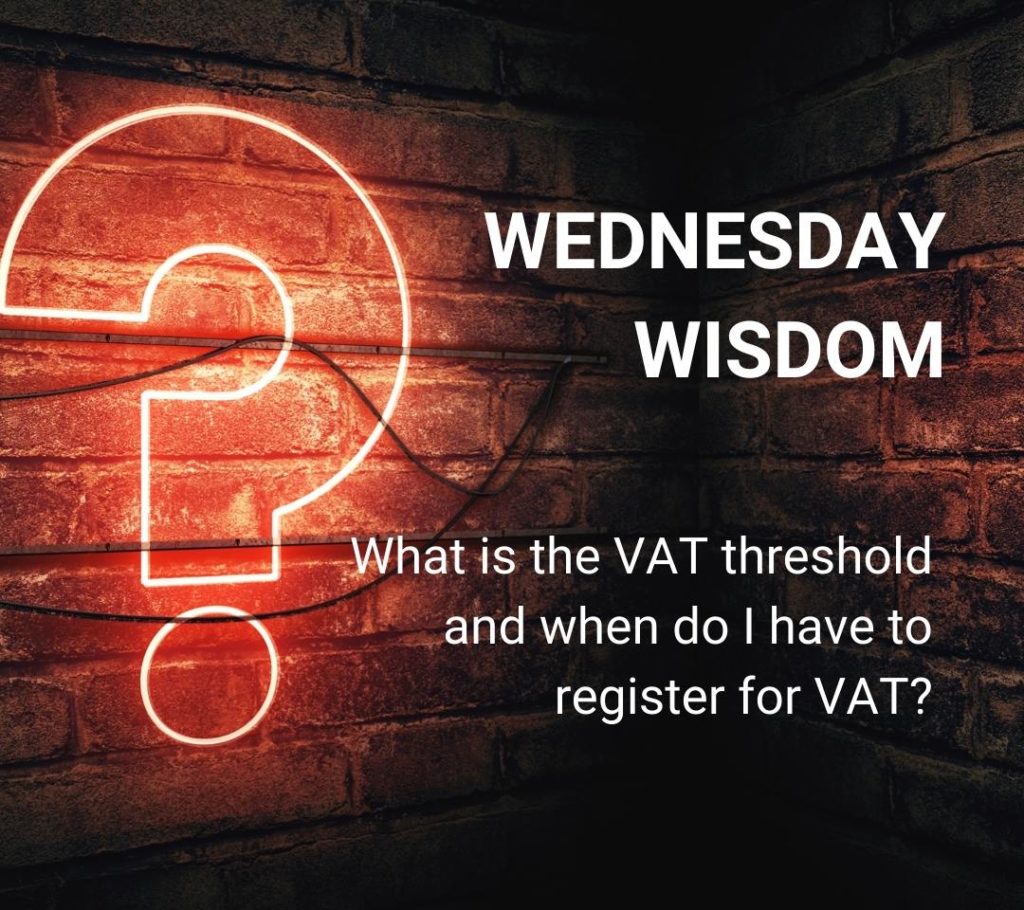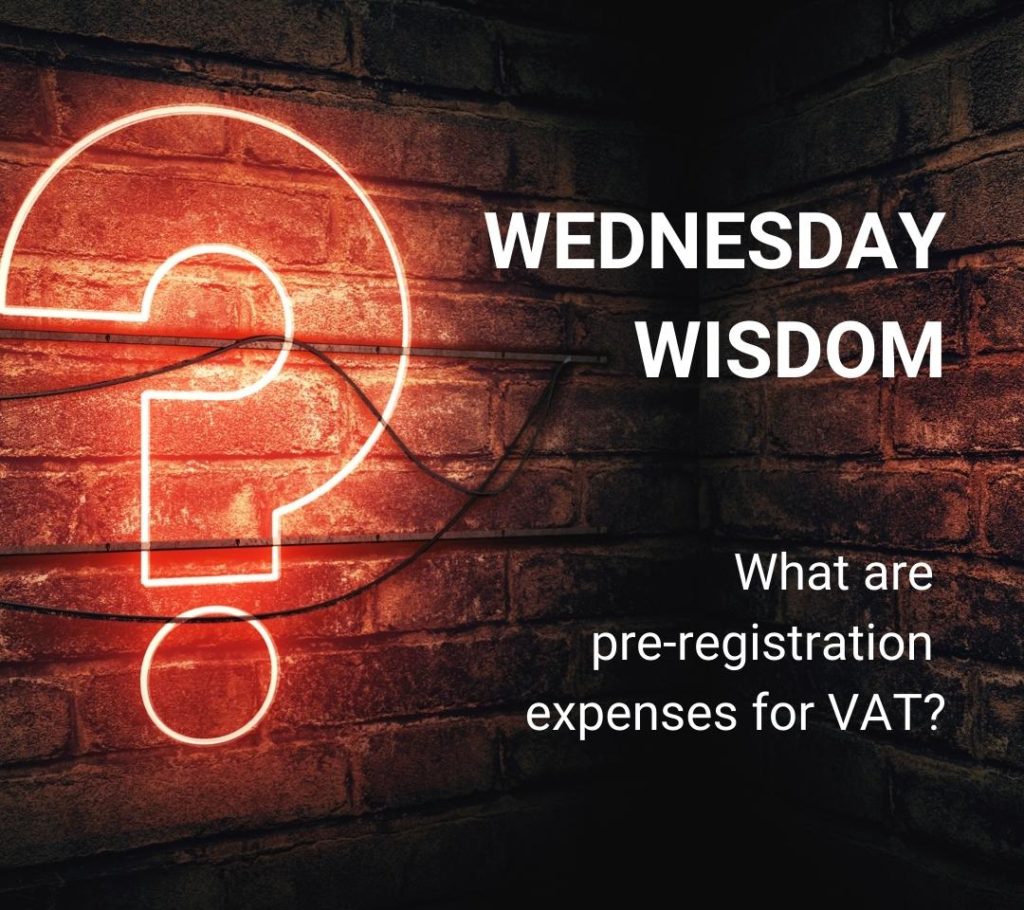Cryptocurrency is a fast-moving and complicated landscape.
Although still fairly new there are rules and regulations beginning to be published, and HMRC will seek to tax NFTs in a similar way to cryptocurrencies. The two principal taxation types to note when considering NFT tax are income tax and capital gains.
It is fairly safe to assume that NFTs would be treated as a taxable asset for capital gains tax and inheritance tax purposes, as well as taxable in other ways. This is our tax, HRMC, NFTs guide for you.
Table of contents
1. NFTs and Income tax
A transaction involving an NFT is likely to be subject to income tax where it can be attributed to a trading activity.
For example: an artist/musician selling their work as NFT’s would most likely be subject to income tax on their profits.
2. Capital Gains Tax in the UK
HMRC regards cryptocurrency as an intangible asset.
NFT’s also fall into the category of ‘Asset’. An NFT can be tangible or non tangible depending on what the token is attached to.
If an NFT is bought as an investment and subsequently sold, any gain realised following conversion of the purchase and sale prices into the Pound/Sterling exchange rate (on the relevant dates of sale and purchase) will be subject to Capital Gains Tax. Swapping or gifting (excluding spousal relationships) is also a taxable event when it comes to NFTs, being viewed by HMRC as disposal of an asset.
When you sell a digital asset such as an NFT for a profit, you’ll need to pay capital gains.
Depending on how long you’ve held the NFT for, you may benefit from a long-term capital gains tax rate.
The best thing to do is speak to an accountant to make sure you understand the rules and how the tax may be applied.
3. The Tax Treatment of NFTs in the UK for companies
If the company’s activity involves NFT’s and is considered a trading activity then any profits realised will be subject to corporation tax in a similar way that cryptocurrencies and all other general trading profits are.
If a company acquires NFT’s as an investment then their value will need to be reflected on the company’s balance sheet as an asset.
Any subsequent disposal of an NFT held as an investment may potentially fall within the Corporation Tax Intangible Asset Regime, again it depends on what the Token is linked to, it could be a digital item or a physical piece of art.
4. The VAT treatment of Non-fungible tokens
It is expected that VAT will be due in the normal way on any goods or services sold in exchange for NFT’s. However, as with most things relating to VAT, there are many small quirks to the rules; date of transaction, location and VAT registration will be factors to consider. For VAT especially, you may need to speak to an accountant to make sure you are applying the rules correctly.
It will be important to track the sale of potentially VATable NFTs outside the scope of UK VAT. In general, with NFTs, it pays to track all your transactions and all the detail you can as they may be needed when it comes to dealing with HMRC.
HMRC are continually looking to enhance their guidance in this area. Rather annoyingly, when they do publish changes or updates, it is not widely publicised.
This is another reason to have an accountant or specialised advisor on hand, they should know when changes come into play and how they will relate to your specific circumstances.
5. We take care of your tax on crypto with HMRC
You can find published guidance from HMRC on crypto assets and lots of information on google in general but it can be a minefield.
If you find this whole business seriously confusing (and we don’t blame you) be assured that we stay on top of the latest news from HMRC and the industry as a whole to make sure we can give you the most up-to-date advice.
The Crypto and NFT industry is fairly new, and with anything new, it can take a while to get your head around.
You get on with creating, or buying and selling your NFTs, we will take care of HMRC.







